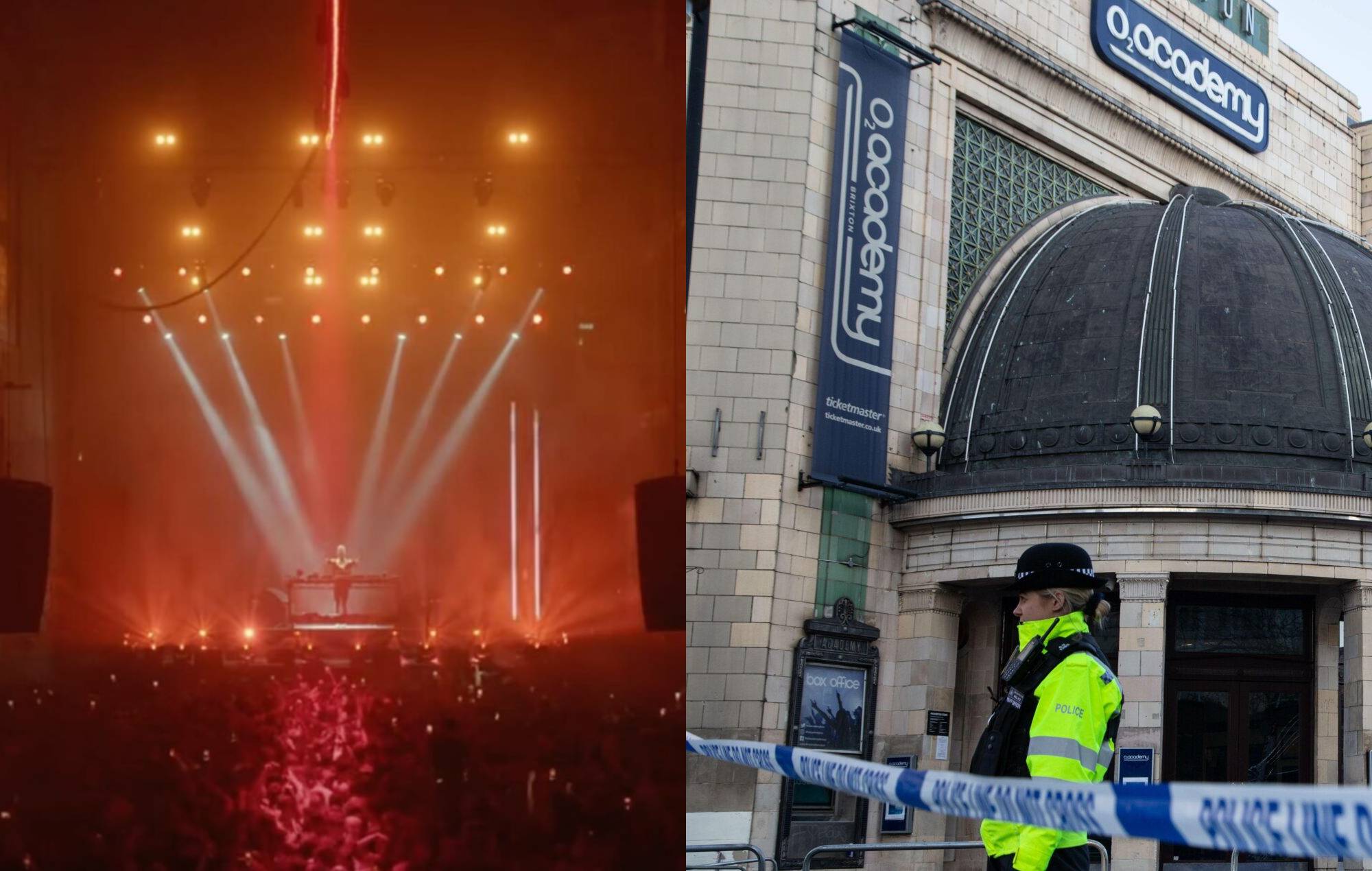Printworks and Brixton’s potential plight proves threat to UK nightlife extends beyond the grassroots
As 50,000 fans have signed a petition to campaign for Brixton Academy's future, one writer argues that the UK has never been at greater risk of cultural homogenisation.
By Joe Goggins

As the UK’s hospitality sector continues its bleary-eyed emergence from the carnage of the pandemic years into a post-COVID future, much has rightly been made of the plight of the grassroots venue. The intimate rooms that have long acted as launchpads for musicians were operating close to the outer limits of financial viability even before takings were torn apart by the twin disasters of the virus and, now, the tightening of the country’s collective belt during the cost of living crisis.
The Music Venue Trust (MVT) warned back in March that 2023 will “inevitably” be the worst year for venue closures since its inception in 2014; this year’s instalment of Independent Venue Week, meanwhile, was as much as an existential making of the case for grassroots venues as it was a celebration of the event’s tenth anniversary. Those challenges remain, even with the best efforts of organisations like the MVT ongoing; they are in the process of implementing a plan to buy up venues, having raised over £2.3m for investment earlier this year.
The past week, though, has highlighted that other threats still loom over the rich fabric of UK nightlife, ones that had already reared their heads before the pandemic and that pose dangers not just for small-scale venues but for globally-renowned, mid-size ones too. The closure of Printworks in south-east London after a final show last night (May 1) is proof positive that neither an world-class reputation – DJ Mag voted it the fifth best night-club in the world in 2020 – nor frequent sell-outs of a large-capacity room are enough to save venues from falling to regeneration and gentrification.
Printworks could hold 6000 people, enough that sold-out shows were, in and of themselves, a boom to the local economy, with its operators claiming in a BBC report that one nearby hotel took around 100 room bookings for every show there. Five miles southwest, another staple of London nightlife is in a crisis of its own; last week (April 25), it was announced that the Metropolitan Police are seeking the revocation of the iconic venue’s license after two people died in a crush at an Asake concert last December. A petition to save the Academy topped 50,000 signatures yesterday (May 1).
The losses of nursing graduate Rebecca Ikumelo and security contractor Gaby Hutchinson as crowds surged outside the venue on December 15 last year were unquestionably tragic and, worse, entirely avoidable. But some say the Met’s move to close the Academy indefinitely bears the hallmarks of the 2016 closure of Fabric, which had its licence revoked by Islington council after two drug-related deaths there, in spite of a petition to save it racking up 150,000 names.
Fabric was eventually allowed to reopen after agreeing to implement stricter security measures, but that came after documents emerged that suggested the council had long earmarked the club for closure and the site for sale to help offset savage budget cuts. It is difficult not to wonder whether a similar motivation lies behind the proposed indefinite closure of Brixton Academy, a thriving, 5000-capacity theatre with a legendary reputation. The venue is likely safe from the same market forces that ravage grassroots venues, but nonetheless sits on valuable real estate on Stockwell Road that would be catnip to developers as the gentrification of London continues apace.
The building housing Printworks will now be converted into office space, a further indicator that urban renewal poses major dangers for the UK’s culture sector. It is a problem on a national scale, with northern examples of the issue including the residential noise complaints that may yet shutter Manchester’s famous Night & Day Café or the turfing out of musicians from the city’s Brunswick Mill last month; the rehearsal studios are set to be converted into apartments in a £58 million scheme.
All of which suggests that the threats posed to the country’s nightlife are longer-standing and wider-reaching than just those relating to the pandemic or the parlous state of the economy; when neither heritage venues like Brixton nor cutting-edge newer ones like Printworks can be assured of their future, and those among the grassroots are set for their most torrid year in recent memory, the UK has never been at greater risk of cultural homogenisation.
